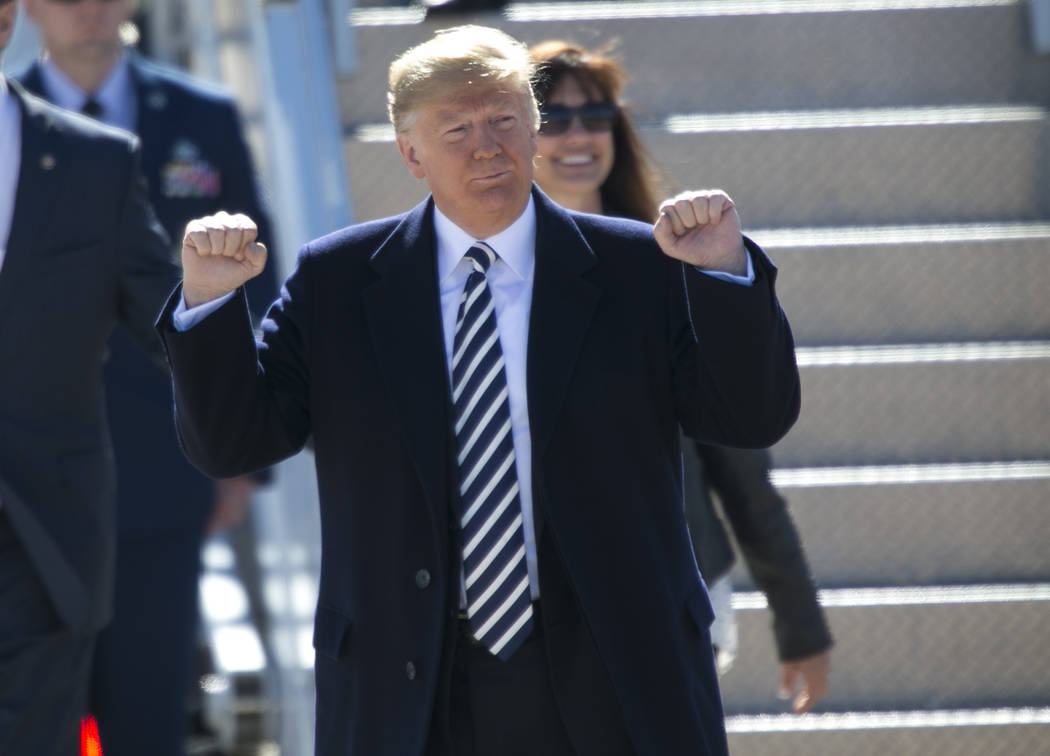
In 1982, Nevada Republicans had an incumbent governor, Robert List, who was deeply unpopular, his competence and character widely doubted. No other major Republican challenged List in his re-election primary. If Democrats fielded any serious candidate, they would win. And they had a very good candidate.
In 2010, Nevada Republicans had an incumbent governor, Jim Gibbons, who was deeply unpopular as re-election loomed, his competence and character widely doubted. And the Democrats had a very good candidate.
But this time, prominent lobbyists and political consultants intervened to prevent the election of a Democrat by luring Republican Brian Sandoval out of a federal judgeship to run against Gibbons in the primary. Gibbons lost, Sandoval won, and the Republicans hung onto the governorship.
At the end of Donald Trump’s first six months in office, the Gallup survey reported that no president since presidential approval polling began had been less popular at that point in his tenure.
At the end of his first year in office, Gallup said Trump was the least popular president on record.
At the end of his second year, Gallup reported that Trump was still the least popular president ever, and it was not even a close competition. He has never broken 51 percent approval, a first for U.S. presidents, which means the GOP likely must gamble on his winning another appointment instead of an election.
In November his party lost one house of Congress and stands in danger of losing the other house and the presidency next year. Trump’s unpopularity even helped rehabilitate the images of presidents like George W. Bush and Jimmy Carter, who had been the previous standards for unpopularity.
All this is very bad news for local Republican parties in states like Nevada that are unlikely to vote for Trump.
I often hear people saying things like, “Democrats need to get their act together and choose an electable candidate” or “Republicans seem to have a death wish.”
Such comments suggest there is a unified leadership that determines the direction of the major parties. But they don’t work that way anymore. GOP leaders trying to save the party from a 2020 fiasco MIGHT be able to engineer dumping Trump in favor of an electable candidate, but the rise of public opinion polls in the 20th century turned leaders into followers. Few Republican leaders in or out of elected office have the nerve to alienate the Trump base.
In the case of Richard Nixon, party leaders decided the Nixon base had to be ignored. On the day he resigned, 24 percent of citizens still supported him, according to one survey. But Republican leaders decided they had to defy that base. There are few leaders in either party today with that kind of courage.
Dennis Myers is an award-winning journalist who has reported on Nevada’s capital, government and politics for several decades. He has also served as Nevada’s chief deputy secretary of state.